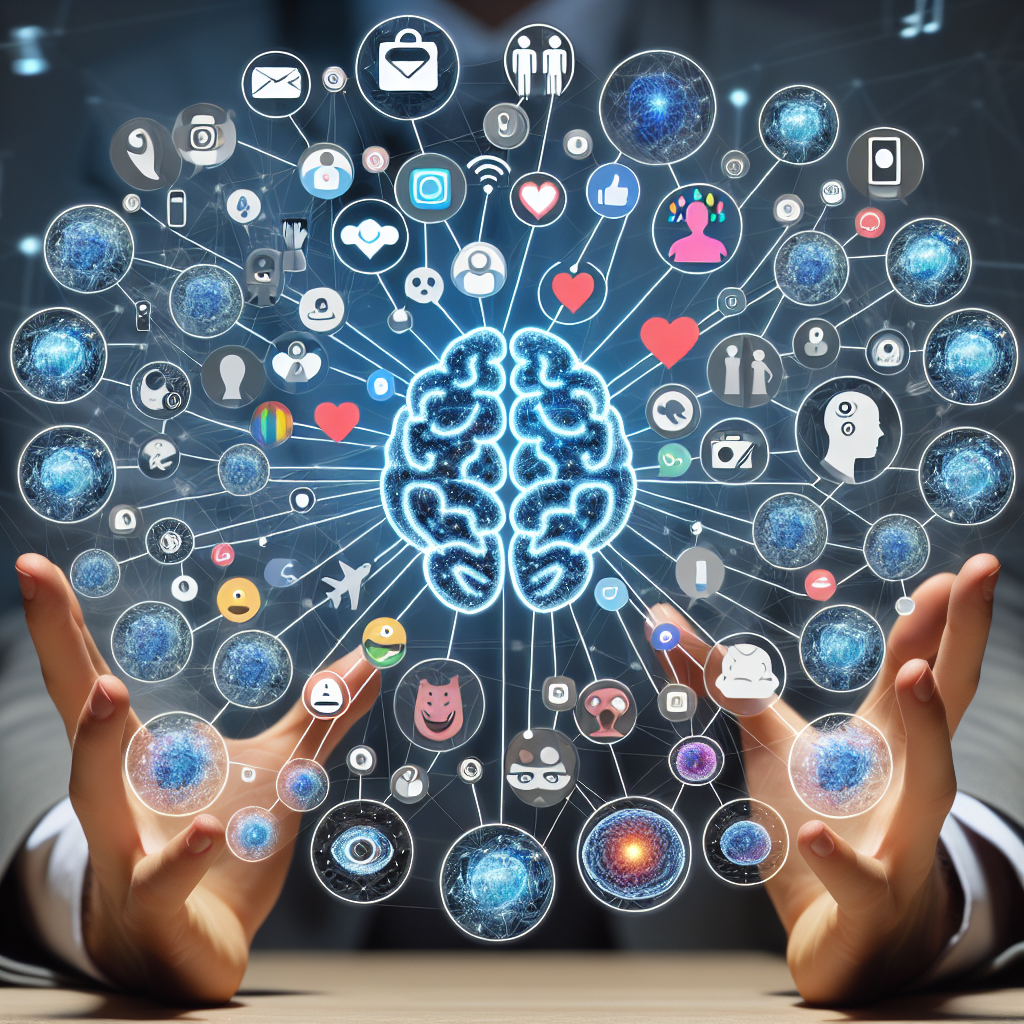
In today’s digital age, social media has become an integral part of our daily lives. We use it to connect with friends and family, share our thoughts and experiences, and access a wealth of information and entertainment. However, with the rise of social media, there has also been a growing concern about its impact on our mental health. In this essay, we will critically analyze the effects of social media on mental health using various critical thinking methods.
Word and Concept Analysis:
Before delving into the relationship between social media and mental health, let us first define and analyze the key terms. Social media refers to online platforms that allow users to create and share content, such as Facebook, Instagram, and Twitter. On the other hand, mental health encompasses our emotional, psychological, and social well-being. It affects how we think, feel, and behave.
Person Analysis:
The widespread use of social media has led to individuals of all ages spending more time online. This has both positive and negative effects on their mental health. On one hand, it allows people to connect with others, which can positively impact their mental well-being. On the other hand, excessive use of it can lead to feelings of loneliness, anxiety, and depression. Additionally, the pressure to present a perfect life on social media can contribute to low self-esteem and body image issues. https://www.linkedin.com/pulse/impact-social-media-mental-health-comprehensive-review-ali-al-samahi-kzzjf/
Situation Analysis:
The impact of social media on mental health can vary depending on the individual and the situation. For some, social media can be a source of support and connection, especially during times of isolation or loneliness. However, for others, it can be a source of comparison and negative self-evaluation. For example, a study found that individuals who spent more time on social media were more likely to report feelings of depression and anxiety.
Historical Perspective Analysis:
The use of social media has increased exponentially in recent years, and with it, concerns about its impact on. However, this is not the first time technology has been blamed for negative effects on. For example, the invention of television was met with similar concerns, but research has shown that it has not significantly impacted mental health. This raises the question of whether social media is the root cause of mental health issues or if there are other underlying factors at play.
Empirical Evidence Analysis:
Numerous studies have been conducted to examine the relationship between social media and mental health. Some studies have found a positive correlation between its use and mental health issues, while others have found no significant relationship. For instance, a study by the Royal Society for Public Health found that Instagram is the most detrimental social media platform for mental health, while a study by the University of Pennsylvania found no link between social media use and depression.
Consistency Analysis:
There is a lack of consistency in the findings of research on the effects of social media on mental health. This could be due to various factors, such as the different methods used in studies, the sample size, and the type of platform. Additionally, some researchers argue that it is not the use of it that has a negative impact on mental health, but rather the content and interactions on these platforms.
Conceptual Clarity Analysis:
When discussing the effects of social media on mental health, it is essential to have a clear understanding of the concepts involved. For instance, its use does not necessarily equate to addiction, and mental health issues are not solely caused by sit. Additionally, differentiating between correlation and causation is crucial to avoid oversimplifying the complex relationship between social media and mental health.
Practical Application Analysis:
The practical implications of the effects of social media on mental health are significant. Governments, businesses, and individuals must recognize the potential risks and take steps to mitigate them. This could include implementing policies to regulate its use, promoting healthy online behaviors, and providing mental health support for those affected by it
Subjective and Objective Comments Analysis:
There is a significant divide between subjective and objective comments on the effects of social media on mental health. While some individuals may attribute their mental health struggles to social media, others may argue that it has no impact on their well-being. Similarly, experts and activists may have differing opinions on how to address this issue, highlighting the need for further research and a nuanced approach.
Emotional Reactions Analysis:
The topic of social media and mental health can evoke strong emotional reactions from people. Some may feel anxious about the potential negative effects, while others may dismiss them as overblown. Additionally, individuals who have experienced cyberbullying or negative interactions on it may have more intense emotional reactions. It is crucial to acknowledge and address these emotional responses in any conversation about this topic.
Systematic Review:
When examining the effects of social media on mental health, it is essential to consider different theoretical models and systems. For instance, an economic perspective may focus on the financial impact of its use on mental health, while a sociological perspective may look at the role of social comparison and social support. A comprehensive approach that considers various theories and systems is necessary to fully understand this complex issue.
Interdisciplinary Approach Analysis:
Similarly, an interdisciplinary approach is crucial when studying the effects of social media on mental health. This would involve examining the topic from economic, sociological, and psychological perspectives, among others. Each discipline may offer valuable insights and perspectives, but it is essential to critically evaluate them and identify any inconsistencies with the overall proposition.
Sociological Impact Analysis:
The effects of social media on mental health can also have a significant impact on society as a whole. It can contribute to widening social inequalities, as some individuals may have more access and resources to cope with the negative effects. Additionally, it can shape social norms and behaviors, as the platforms often dictate what is considered desirable or acceptable.
Inclusivity and Diversity Analysis:
It is crucial to recognize the potential effects of social media on different demographic groups. For instance, studies have found that adolescent girls are more vulnerable to the negative effects of it on body image and self-esteem. Individuals from low-income backgrounds may also be more at risk due to the lack of resources and access to mental health support.
Temporal Factors Analysis:
The effects of social media on mental health may also vary over time. As technology continues to evolve, so does the way we use it. It is important to critically assess the short, medium, and long-term effects and how they may change over time. Additionally, societal attitudes and norms towards it may also shift, impacting its effects on mental health.
Innovation and Creativity Analysis:
Lastly, it is essential to recognize the innovative and creative aspects of social media and how it can advance or transform existing knowledge. For example, it has been used as a tool for mental health awareness and education, connecting individuals with similar experiences, and providing a platform for self-expression.
In conclusion, the effects of social media on mental health are complex and multifaceted. Using various critical thinking methods, we can gain a deeper understanding of this topic and critically evaluate the different perspectives and evidence. It is crucial to continue researching this topic and to approach it with nuance and a holistic view to create a healthier relationship between social media and mental health. Thank you for reading.

